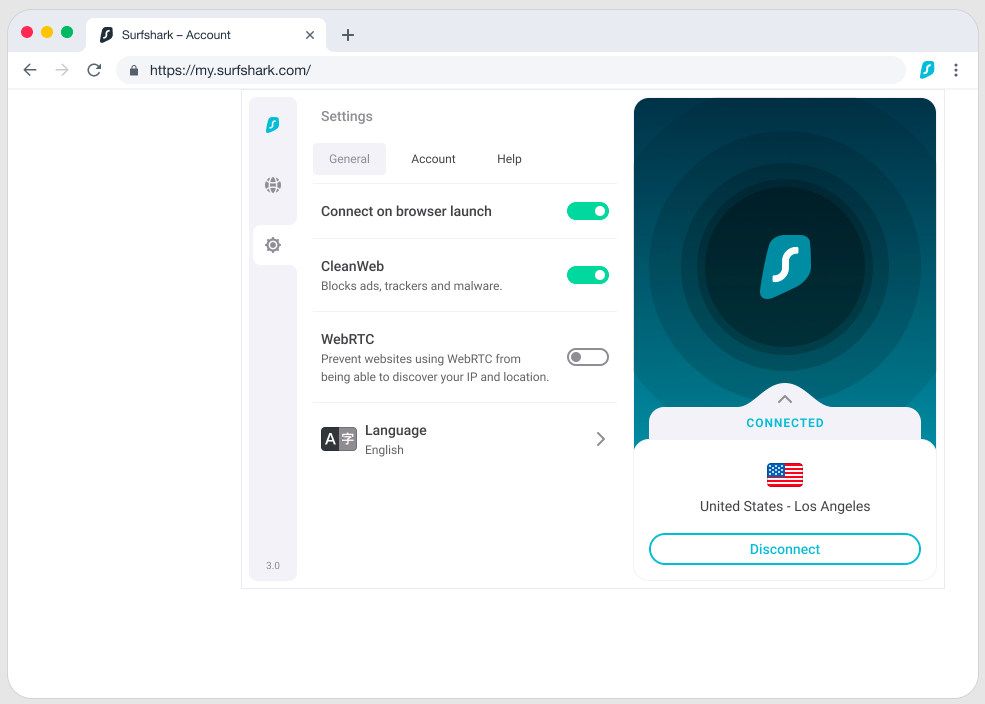What is the right to privacy?
The right to privacy is the ability to keep personal information from unwanted eyes. The 4th amendment gives us the ability to stop the government from any search or seizures without a court order. This type of privacy is very respected for physical property such as your home and your car with many cases being argued in court. When it comes to privacy online the government isn’t as quick to accept the same rights you have in the real world. This is a problem.
What is the 4th amendment?
The 4th amendment right is one of the most basic principles that is apart of the United States Constitution. The 4th Amendment says “The right of the people to be secure in their persons, houses, papers, and effects, against unreasonable searches and seizures, shall not be violated, and no Warrants shall issue, but upon probable cause, supported by Oath or affirmation, and particularly describing the place to be searched, and the persons or things to be seized.”
How does this affect your privacy online?
The wording “papers” is important here. It’s Important because all communication and thoughts were done and written down through the means of papers during the the time the bill of rights were written. The main medium of communication and the personal thoughts of a person is now down through online technology. Whether that be texts between you and a loved one or using the notes app to write down a business idea you have for the future. Since this information could potentially be “dangerous” to the government they have taken the authority to totally forget about these type of information searches and destroy your right to privacy.
Here is an example of a journalist being spied on in the US for planning a trip to go meet with an “opposing” foreign leader of the US. Tucker Carlson was planning a trip to go to Russia to meet with President Putin. This trip was being entirely organized by text through the app Signal. Which was spied on by the government without his approval. This type of spying is very much against the 4th amendment and is a just a snapshot of the growing problem with our National security agencies ruining our privacy on the basis of “protection”.
With this story and many other like it, its safe to assume the government when it chooses you as a target will, without a court order, spy on your communications and your written thoughts without you even knowing. This type of overreach is a problem and should be addressed. It will, but only when every day people start calling for more protections for your right to privacy.
Overreach is very common when new forms of industry appear and take over an economy. Regulation is always far behind if its not directly impacting anyones pay check. For example (while this isn’t directly similar the implication of action against the government to change a problem it still shows that legislation is always far behind) The legislation for the interstate commerce act was passed in 1887 which is almost 60 years after the first railroad track was laid in 1828. The advent of microprocessing and the boom of technology has created lots of online technology that hasn’t been properly regulated for the American people against the ever growing government. With the call to rein in the government there still is no major legislation being put forth to control or even reveal this type of over reach. In the coming years there will be.
Want to learn how to stay anonymous from the government and private organizations?

